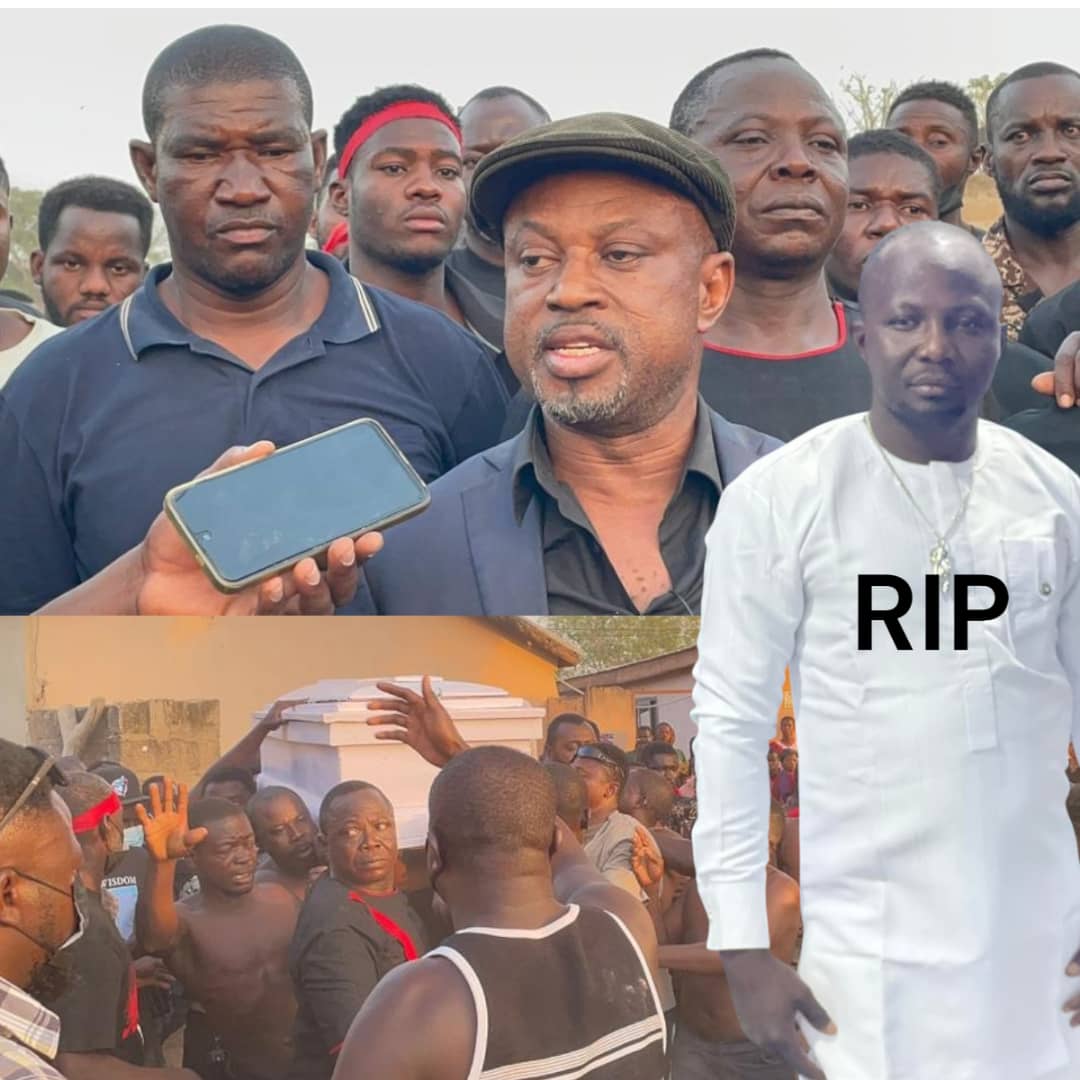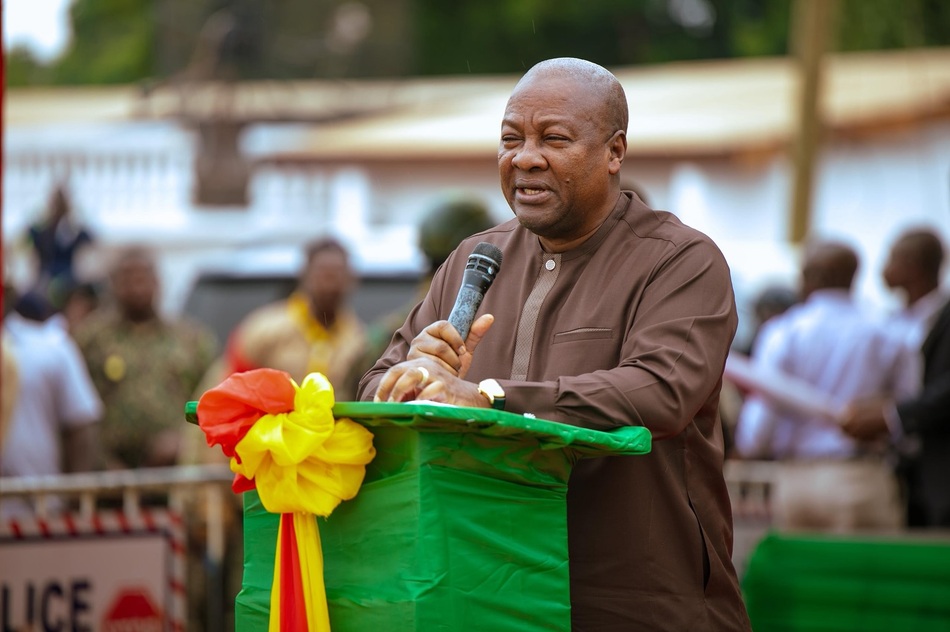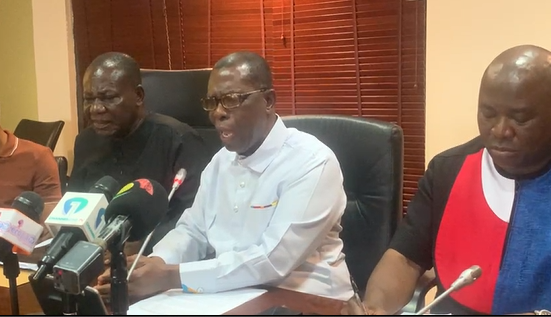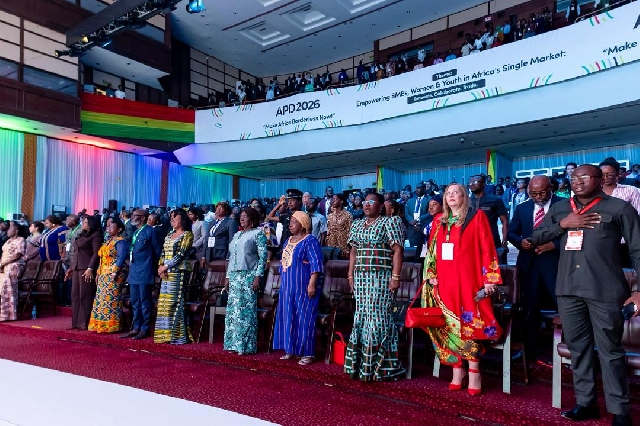By: Awineyesma Abiire, Bolgatanga Technical University
In a world where perceptions shape our understanding of leadership, the words of American poet Robert Frost resonate deeply. Between 1873 and 1964, Frost famously remarked, “After Jonah, you could never trust God not to be merciful again.”
This sentiment echoes through the corridors of Ghanaian politics, especially following the actions of public figures such as Manasseh Azure Awuni, Hon. Kennedy Agyepong, and Captain Smart, who have hurled accusations against former President John Mahama. Despite the negative tones of their narratives, several have come forward to apologize, and Mahama, known for his capacity for forgiveness, has accepted these contrite gestures with grace.
This brings us to the recent case of Sammy Gyamfi and the controversial circumstances surrounding Agradaa’s “dollarized” union. After witnessing Gyamfi’s public apology for his questionable actions, I find it hard not to believe in Mahama’s tendency for mercy. However, this mercy should not be mistaken as favoritism towards Gyamfi but seen as a broader symbol of hope for the many individuals seeking the courage to reach out to public figures for assistance.
Surprisingly, many Ghanaians appear unconcerned about Gyamfi’s reckless behavior regarding his personal security. His blatant disregard for safety, in a world where unpredictability can lead to unforeseen consequences, is alarming. History has shown that numerous prominent figures—journalists, politicians, and educators—have lost their lives due to neglecting this crucial aspect. It is imperative that those in the public eye take their security seriously to ensure their safety and longevity.
Adding to the controversy, Gyamfi’s misconduct occurred during the very week the Code of Conduct for appointees was launched. Witnessing his actions was infuriating, and my frustrations were compounded by the public apology that followed.
His humble admission of wrongdoing prompted me to reflect on the need for mental health support; a genuine acknowledgment of one’s faults is often indicative of deeper struggles that may require professional intervention. It pains me to see some supporters justifying his behavior rather than encouraging him to seek help.
The question remains: should Sammy Gyamfi face punishment? I believe a thorough investigation is required to gauge the appropriate response. The widespread anger felt by many citizens, including myself, must be examined carefully within the contexts of justice, fairness, and mercy.
As I analyze my own feelings, I recognize the presence of sadism in our society—a psychological condition where some derive pleasure from the misfortunes of others. It’s crucial for each of us to assess whether our anger is rooted in genuine concern or the darker nature of delight in someone else’s distress.
This anger might revolve around various factors related to the controversy—who was involved, what was given, the context, and even the monetary denomination. If these emotions lack personal connection, perhaps we do not need to seek psychological guidance.
As we reflect on the situation facing Gyamfi, it’s essential for young appointees within the current government to acknowledge their significant role in shaping the future of Ghana. They must approach their duties with diligence and civility. Otherwise, we run the risk of endowing future leadership to a Methuselah-like figure, surrounded solely by others of their kind, leading to a government devoid of fresh ideas and innovation. The path we choose today will ultimately define the leadership landscape for generations to come.
Source: Apexnewsgh.com











